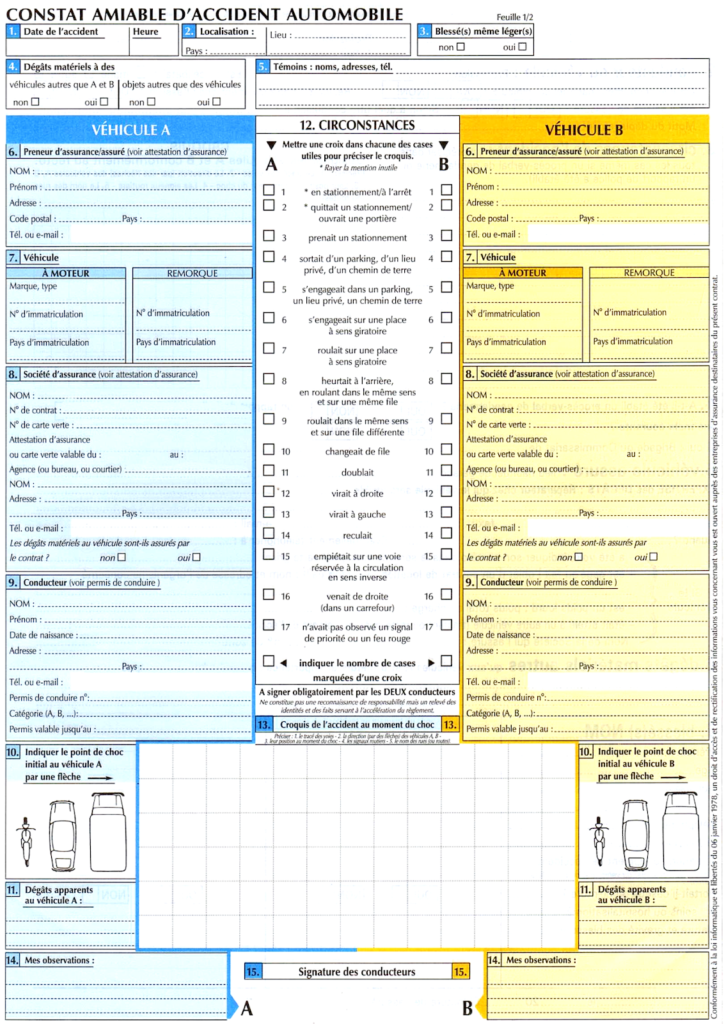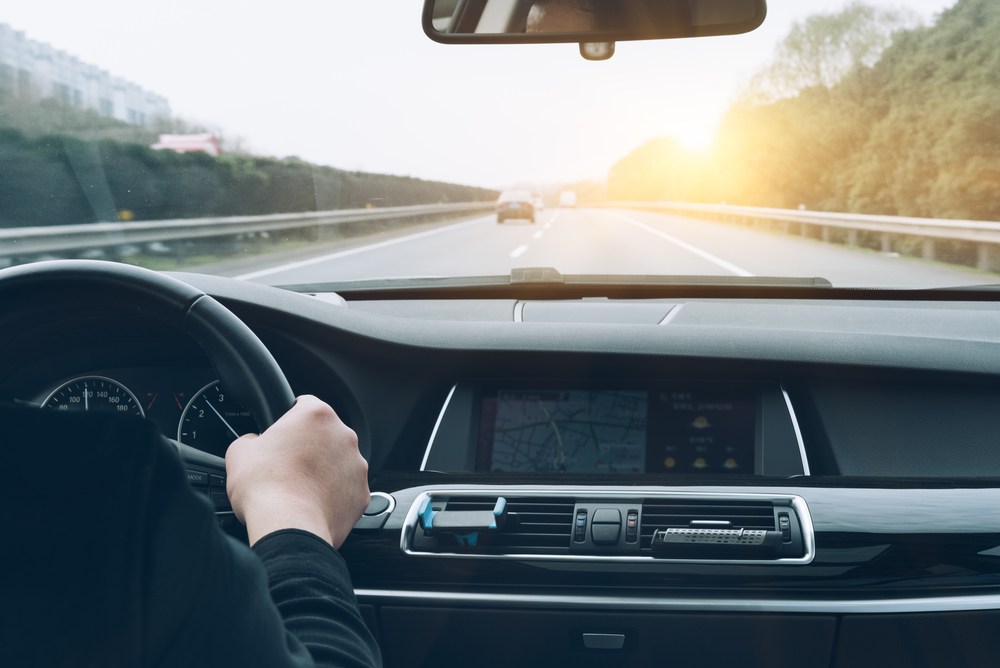France has an amazing network of high speed and local trains, but still not all corners are accessible by rail. If you want to visit some more remote villages or parks, a car is going to be necessary. Here are all of the most important things to know before getting behind the wheel.
Finding a rental agency
To see the most results, search in French. The keywords are “location de voiture + [your city]”. Location de voiture means car rental in French. Once you see one with enough good and credible reviews, you can either book on their website or visit the office in person.
Choosing and booking a car
When picking a car, know that most cars in France have manual transmissions, not automatic. If you are from a place with mostly automatic cars such as North America or Australia, you may not be familiar with manual cars. It is important that you specify which kind of transmission you need. If you don’t, the agency may very likely assign you a manual car by default. Automatic cars are generally a bit more expensive than manual ones, but it is imperative to pick a car that you are comfortable with driving safely.
When making the reservation, all information must belong to the driver. So be careful if you are booking on behalf of a friend or family member.
Foreigners from most countries are permitted to drive in France with their own license if they are just visiting temporarily or staying less than 12 months (which is the case for most WHV holders). After 12 months of residence in France, you may be required to exchange your foreign license for a French one. Check the agreements between your country and France to be sure.
Picking up your car
On the day of your reservation, you should aim to arrive at the agency 30 minutes before your scheduled pickup time. This is because agencies are often backed up with customers and there may be a wait time to be served. Get there early to avoid losing precious time with your car.
You will need to bring a few standard items:
- Driver’s license
- Passport
- Proof of address. If you have an address in France and your home country, we recommend bringing proof of both.
- Credit card in the name of the designated driver. This is to authorize the security deposit. It doesn’t have to be a euro card.
Some agencies might have other requirements, but you should be prepared to provide at least the above.
Buying the right insurance
During booking or pickup, you may be asked by the agency to select an insurance. This is mandatory and they will likely offer several options. The cheapest (or free) option usually comes with the highest deductible, and the most expensive option comes with the lowest deductible.
Picking the right deductible depends entirely on your own risk tolerance and budget. As yourself, “I am willing and able to potentially hundreds or even over a thousand euros out of my pocket if something goes wrong, even if that chance is small?” If the answer is a hard no, you probably want to choose the lower deductible plan. Remember that no matter how careful you are, you cannot control the actions of other drivers.
One last thing to take into consideration is your credit card benefits. Some cards offer rental vehicle insurance coverage as a benefit to the cardholder. If your card offers this, you might be able to skip paying for a low-deductible insurance plan at the rental agency. Carefully read your card’s details to understand the conditions.
Returning the car
Before returning the car, you’ll have to make sure that the tank is at the same level as it was during pickup. Agencies often offer two options:
- 1. You fill it up yourself before the return.
- 2. You return the car at a lower tank level. The agency will then refill the tank for you and charge you the cost plus a service fee.
For option 2, be careful about what the exact service fee is to avoid being charged an exorbitant amount for “inconveniencing” the agency.
Dealing with damage or an accident
If you encounter the unfortunate scenario where another driver causes damage to your vehicle, it is important for you and the other party involved to fill out the constat amiable d’accident. Once you bring it back to the rental agency, this completed form allows the insurance provider to be officially informed of any accident or damage sustained by your rental vehicle. If the other party was at fault, this form helps you to avoid paying for repairs out of your own pocket; the insurance company would instead seek payment from the offending party and their insurance provider.
This form must be filled out on the spot by both/all parties at the scene of the accident. Simply showing your rental agencies photos of the vehicle or of the other driver’s license or papers won’t be sufficient (which my family and I learned the hard way after the scratch to our vehicle).
During pickup of your car, usually the agency will place this form in your glove compartment. Double check that it is there. If it is missing, ask them to print one for you before you leave. Alternatively, there is also an app called e-constat auto that you can download.
We hope you will never have to use this form. Be careful, and enjoy your trip on the road!


















 Français
Français English
English




0 comments
{{like.username}}
Loading...
Load more